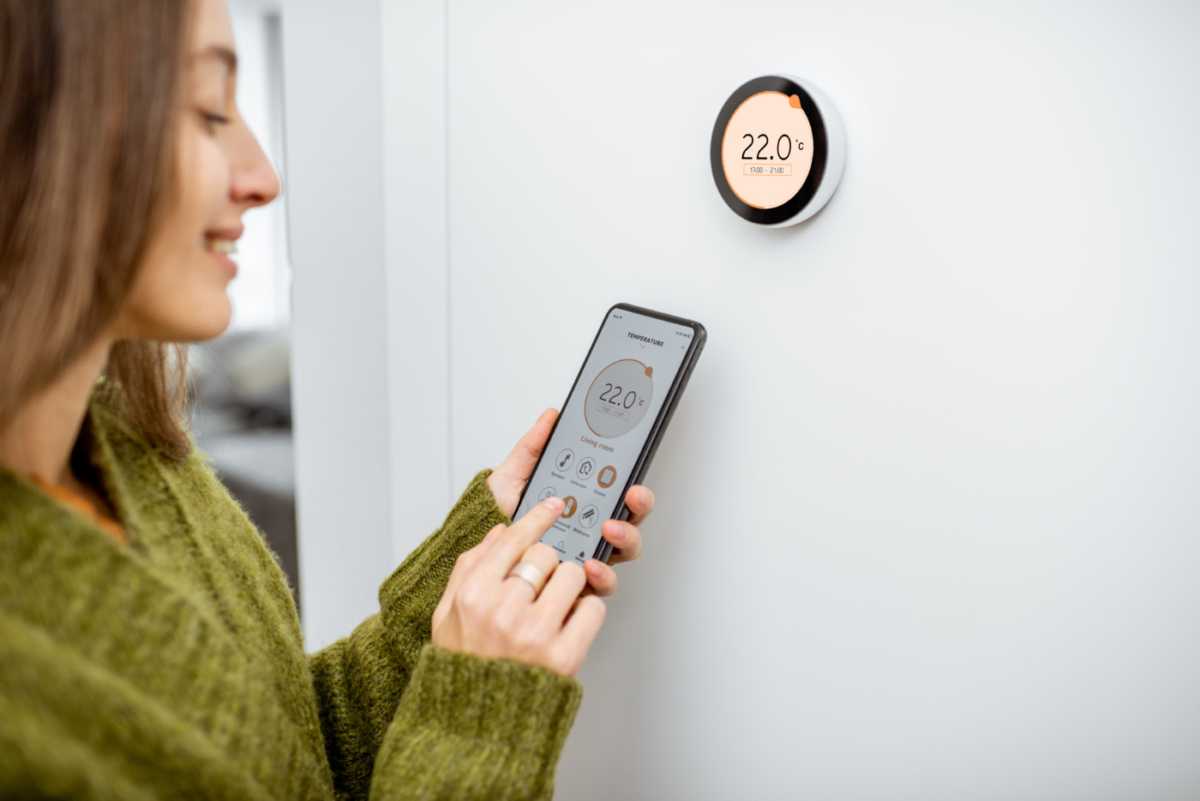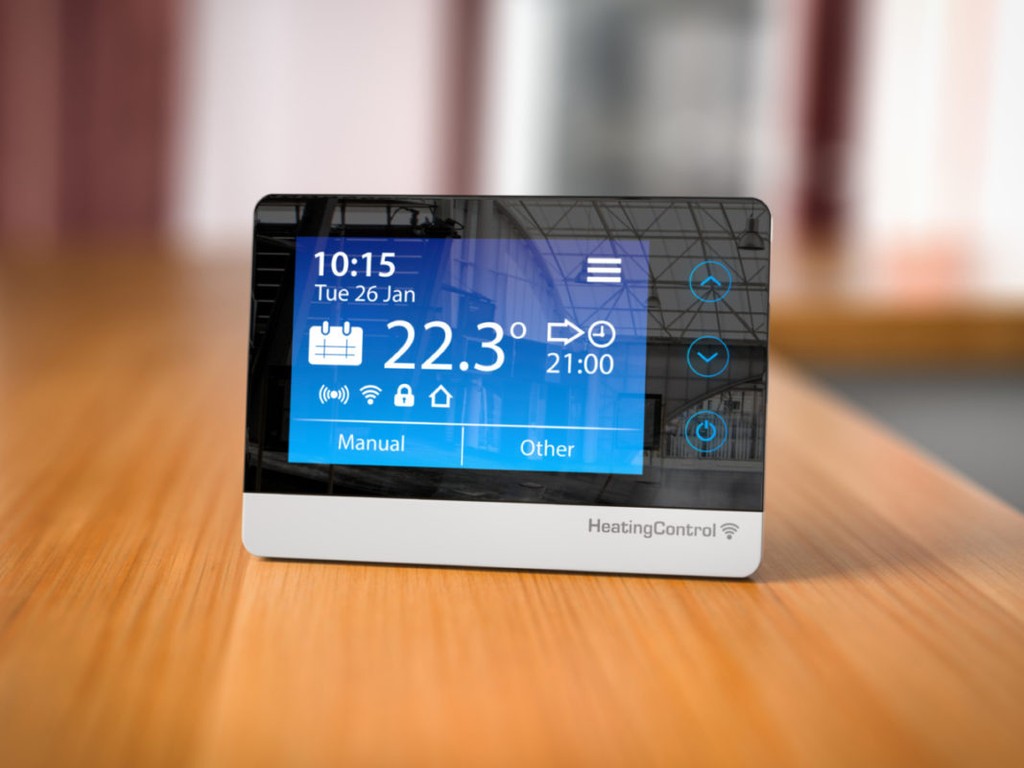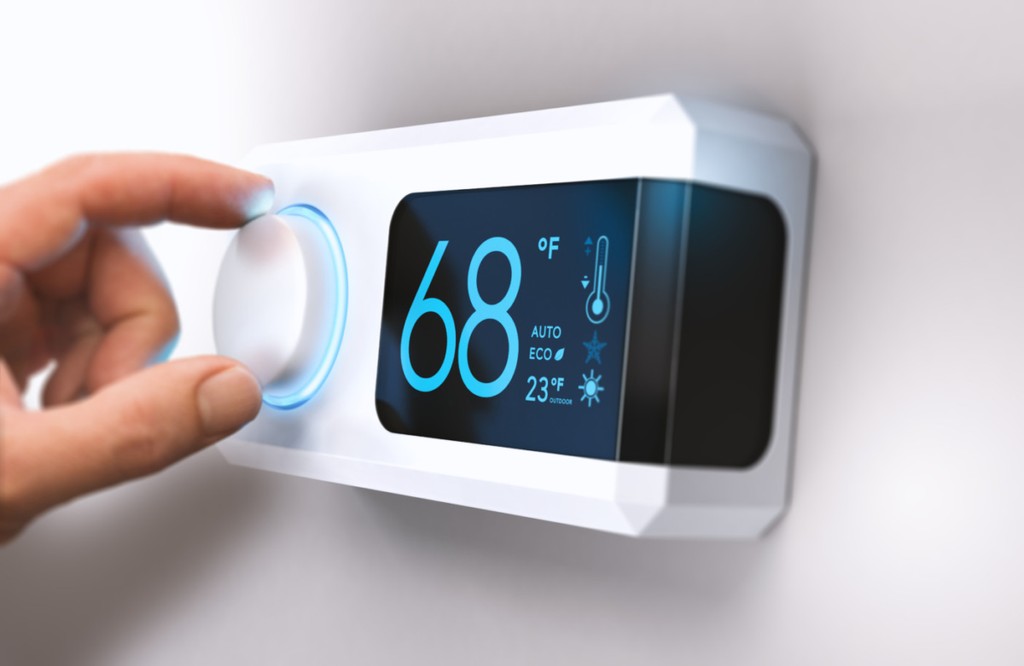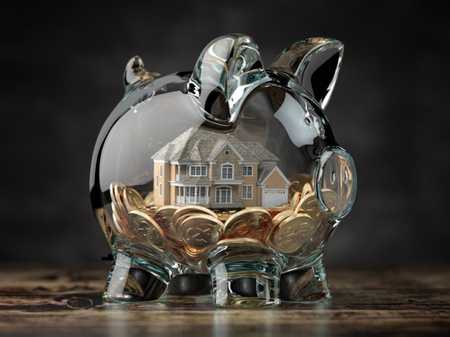Whether you own a residential, rental, or commercial property in the UK, the law requires you to have an Energy Performance Certificate (EPC). If you’re a landlord, you’ll need to present this to your tenants. If not, you still need one so that you can avoid paying fines or facing penalties.
What Is an EPC Rating?
The EPC rating shows how energy-efficient a property is. This also identifies the property’s carbon dioxide emissions as well as its heating and lighting cost. By knowing your home’s EPC rating, you can determine if you need improvements to make it more energy-efficient.
The EPC Bands
To know how efficient your home is, the EPC use bands. These can range from A to G, with A being the most efficient and G being the least. In addition, each band contains the Standard Assessment Procedure (SAP) rating. This shows the potential energy rating and energy current of a building. Each band has its corresponding SAP rating points as follows:
- A being the most efficient has 92-100 SAP points
- B has 81-91 SAP points
- C has 69-80 SAP points
- D has 55-68 SAP points
- E has 39-54 SAP points
- F has 21-38 SAP points
- G being the least efficient has 1-20 SAP points
Why Is An EPC Certificate Important?
As mentioned, EPC is a legal requirement. This means every property owner must acquire this certification. Without this, you could be fined up to £5000. For landlords and prospective tenants, you can use an EPC when making a deal. If the property has a rating lower than D, tenants may negotiate the rental fee to a lower one. That’s because their electricity bills are more likely to be high. On the other hand, you can set a higher letting fee when your property is energy efficient. This means the EPC rating must be at least or higher than D. Moreover, the Minimum Energy Performance Standards (MEPS) or Minimum Energy Efficiency Standards (MEES) state that landlords cannot let properties with an EPC rating of E or lower.
How Long Can You Use The EPC Certificate?
When you receive your EPC, check the “date of certification” section. That date up to its tenth year will be the validity of the certificate. This means your following energy efficiency assessment will be ten years after receiving your current EPC rating.
Ways To Improve Rating In Your EPC Certificate
If your first assessment has a low rating, fret not. You can still improve your property’s energy efficiency rating. Or better yet, before having an inspection, integrate home improvements that will make it more energy-efficient. Here are some ways to do it:
1. Insulate Your Property
Losing heat through your walls and roof has a significant impact on lowering your EPC rating. Both of these areas are responsible for approximately 60% of heat loss while the remaining percentage of heat loss comes from the floor, windows, and doors. In this case, installing extra insulation is a good idea. Moreover, if you do, you’re more likely to avoid having the E to G rating on your EPC certificate because insulation can decrease the amount of heat escaping from your property. Below are different types of insulation you can consider.
Types of Insulation:
- Solid Wall Insulation: This insulation is most vital for Victorian homes and older buildings. That’s because these properties have concrete masonry walls. The good thing is, you can externally or internally add insulation to such walls. For instance, you can fix insulating materials on the exterior walls or add insulation boards to the interior walls. Then, finish it with cladding or render.
- Cavity Wall Insulation: This type of insulation can typically cost from £370 – £500 for semi-detached houses, a worthy cost if it means you’ll be saving almost 35% heat loss which can increase your overall EPC rating. This involves adding insulation material to the space between the exterior and inner walls.
- Loft Insulation: Not only do you need wall insulation but insulating your roof is also essential and can result in reducing heat loss by 25%.
- Floor Insulation: This type is also an excellent way to increase your EPC rating and typically more affordable than wall or roof insulation. If you have suspended timber floors, you can add insulating materials like mineral wool insulation. Do so by lifting your floorboard to add these materials on top of the netting between the joists. When you have a concrete ground floor common in newer homes, insulating may not be necessary.
2. Use a Renewable Energy System
Using renewable energy sources can improve the EPC rating while providing you with more affordable and clean energy. One way to do such is by installing solar panels on your property, which come with the following benefits:
- Save hundreds of pounds on energy bills.
- Independently generating your electricity allows you to raise your property’s value.
- Increase your EPC rating to at least a D or above.
3. Install Double or Triple Glazed Windows
As mentioned, your windows can also cause heat loss. To enhance your property’s energy efficiency rating in your EPC certificate, you need to keep your windows in their optimal condition. Moreover, you may also have to ensure that your windows are double glazed (two panes of glass.) The two panes of glass must have an insulating gas in their air gap or spacer bar that separates the glasses (imagine a glass sandwich with air as its filling)!With this type of window, you can make your property more energy-efficient since it can stop cold air from going inside your space while retaining internal heat. For triple glazed windows, they’re similar to double glazed ones, but with three sheets of glasses. Although these windows can cost quite a bit upfront, they’ll help to improve your EPC certificate rating.
4. Change Halogen Lights To LED Bulbs
Europe has been phasing out halogen bulbs since 2018 in an effort to make homes more energy-efficient. If you’re still using such lights, then it’s best to replace them with LED bulbs. One advantage of using LED lights is their lifespan which is around 20-30 years. On the other hand, halogen bulbs only last for up to two years. Moreover, when you use LED lights, you can save more than a hundred pounds yearly, while also improving your EPC rating.
5. Upgrade Boilers
Boilers also significantly affect your home’s energy efficiency rating. You’re consuming more energy by simply running a heating system. So if you’re using outdated boilers, you’re more likely to have an inefficient energy system.What’s even more advantageous about having new boilers is the chance to receive up to 20 points for your EPC certificate. The cost of energy-friendly boilers may not be cheap, but the returns can outweigh such expenses. With newer boiler models, they consume less oil or gas to heat water efficiently. As a result, you could save more money in the long run. However, you have to ensure that your new boiler has an A rating for energy efficiency. This is a building regulation when replacing your old one. With this rating, the boilers are more likely to have 90% efficiency, if not 88%. Here are some of the systems you may have to consider when upgrading to new boilers:
Things to consider:
- Flue Gas Heat Recovery: This system re-uses and captures heat energy that’s escaping out of your chimney or flue, making your boilers more efficient. Traditional boilers expel this energy outside, but you won’t be losing heat with this boiler system and could save up to 35% of the heat being expelled outside.
- Combi Boilers: This boiler produces hot water and central heating on-demand. Here, your tap can provide instant hot water when you turn it on whereas traditional or regular boilers don’t do this. Instead, they only provide central heating to warm a quantity of water and store this in a cylinder. As a result, the water may not be that hot when you turn on your tap. Some boilers even need a separate water heating or electric immersion tank to provide instant hot water. This is inefficient because more than one piece of equipment is necessary to provide hot water.
When you use these energy-efficient boilers, you can save as much as £300 from your annual heating bills for a typical semi-detached property. You can even save more if your boiler has thermostatic radiator valves, a room thermostat, programmer or timer, and other full heating controls. As a result, you can increase the rating of your EPC certificate.
6. Utilize Smart Meters
While your EPC can last up to ten years, you wouldn’t know if your property is still energy-efficient as years pass by. One way to solve this is to have smart meters. When you install smart meters, you can track if your property’s efficiency is dropping. Smart meters work by automatically sending readings to your electricity and gas providers. As its name suggests, you won’t have to do the readings manually and personally submit them to your providers. Smart meters use technology to perform such tasks, making them more accurate and efficient. When you have more accurate readings, your energy bills are also more accurate. In Britain, smart meters will eventually become mandatory. The government also requires the suppliers to explain how these smart meters can help keep electricity and gas usage under control.
Smart Energy Monitor
As mentioned, you can track your meters in real-time. That’s because smart meters have smart energy monitors. Here, you can easily see the current efficiency of your property. It also shows the amount of energy your property is using in terms of pence and pounds. In addition, it also displays kWh used and the cost of your energy.
Benefits of Using Smart Meters
To summarize why smart meters are essential, here are the benefits you can gain:
- Installing smart meters can be the first step to achieving the government’s goal—to make every household use reliable, efficient, and low-carbon energy. This means that smart meters can help establish the smart grid necessary for the UK’s energy system in the 21st century.
- Make tariffs easier to understand and cheaper. This is possible since smart meters can help energy suppliers understand usage patterns. They can use such data to analyze and create more innovative energy tariffs.
- Change your energy habits. When you know what and how you’re using your energy that the smart meters show, you can eliminate wasteful usage practices.
- Help tenants save electricity bills. No matter how high your EPC rating is, if your tenants don’t try and save energy, they may still pay high utility bills. Smart meters show them their personal energy usage of which they might be unaware.
Your EPC Certificate Matters
Whether you’re letting your property or you simply live in it, it’s necessary to have an EPC certificate. This will help you avoid fines while keeping your property energy-efficient. Aside from using it to show tenants that your property passed the EPC assessment, you’re also helping them reduce their electricity bills, and contribute to a lower carbon footprint!For your rentals, call us to assist you before and during the EPC assessment.

















